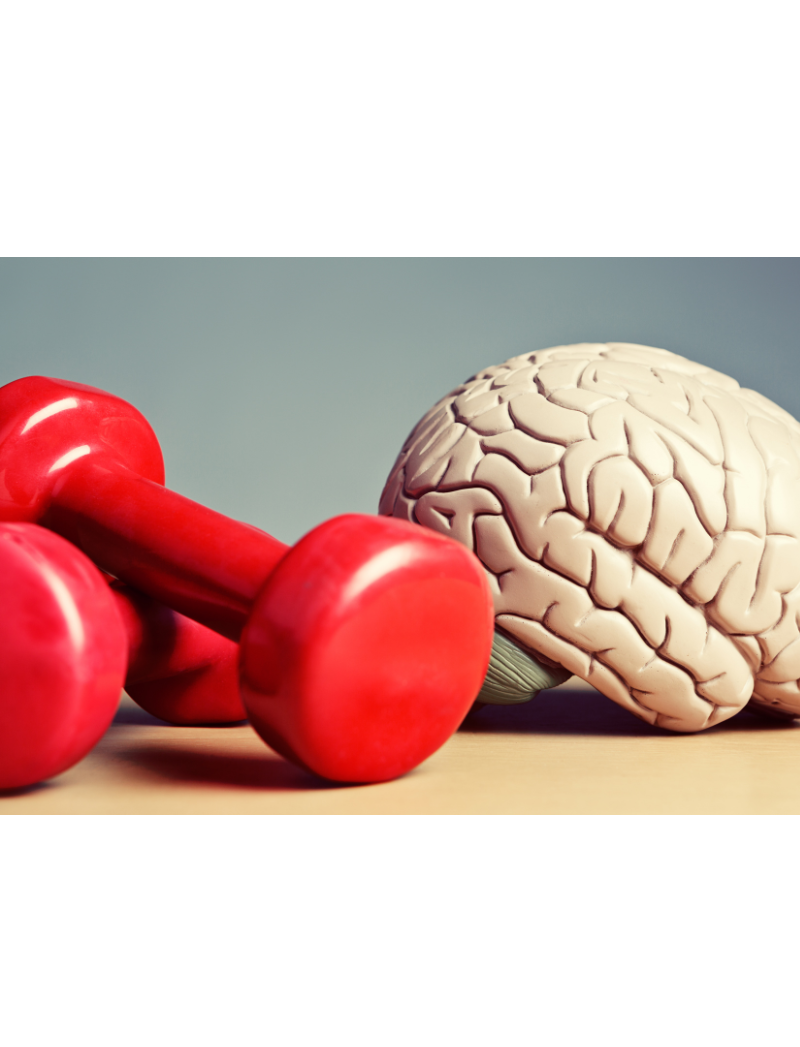
The Connection Between Physical Activity and Mental Health
By Jordan Katz, Physiotherapist
Move Your Body, Lift Your Mind
At Apple Creek Sports Medicine Centre, we often treat patients for physical injuries or limitations—but just as often, we witness a powerful transformation that extends beyond the body. Physical activity doesn’t just build strength and endurance—it builds resilience, mood stability, and mental clarity.
The connection between movement and mental health is not just anecdotal—it’s backed by decades of research. And as a physiotherapist, I’ve seen firsthand how even small steps toward regular movement can create big shifts in emotional well-being.
.

How Does Physical Activity Impact Mental Health?
When we engage in movement—whether it’s a brisk walk, a strength session, or a yoga class—we activate numerous physiological systems that influence brain chemistry and emotional regulation:
- Endorphin Release: Exercise stimulates the release of endorphins—our body’s natural “feel-good” chemicals. These boost mood and reduce sensations of pain and stress.
- Improved Sleep: Movement supports deeper, more restorative sleep, which is crucial for emotional regulation and brain function.
- Stress Reduction: Physical activity helps reduce levels of cortisol, the body’s primary stress hormone, allowing for a calmer, more focused mind.
- Increased Self-Esteem: Setting and achieving physical goals—no matter how small—can help individuals feel more confident and in control.
Exercise as a Preventative Tool and a Support Strategy
Studies have shown that regular physical activity can help prevent and alleviate symptoms of depression, anxiety, and chronic stress. It’s even been used successfully as part of treatment plans for those with diagnosed mental health conditions.
And here’s the key: You don’t need to be an athlete to experience the benefits. Activities like stretching, walking, swimming, or biking just a few times per week can have a measurable impact.
Physiotherapy’s Role in Promoting Mental Wellness
As a physiotherapist, I approach every patient with a whole-person mindset. Pain, injury, or limited mobility can create a sense of frustration, fear, or isolation—and that takes a toll on mental health.
That’s why our work isn’t just about healing the body—it’s about restoring hope, function, and purpose.
At Apple Creek, we design movement plans that not only aid in recovery but also support our patients’ emotional well-being. Whether you’re managing chronic pain, recovering from surgery, or simply trying to move more confidently, our team is here to guide and empower you.
Tips to Get Started (Without Getting Overwhelmed)
If you’re looking to improve your mental health through movement, here are a few simple ways to start:
- Start Small: Aim for 10–15 minutes of light activity a day—this could be a walk, light stretching, or gentle yoga.
- Make It Enjoyable: Choose activities that bring you joy. Dance in your kitchen, take your dog out, or try a new sport with a friend.
- Be Consistent, Not Perfect: The goal is progress, not perfection. Your body and mind will thank you for any amount of consistent movement.
- Seek Support: If pain, injury, or anxiety is holding you back from moving, reach out to a physiotherapist. We’re trained to help you move safely and confidently.
Final Thoughts
Your mental health matters just as much as your physical health—and the two are deeply connected. Movement is one of the most accessible and empowering tools we have to support both.
If you’re feeling stuck, stressed, or just not like yourself, consider taking a step forward—literally. At Apple Creek Sports Medicine Centre, we’re here to help you move with purpose, recover with confidence, and feel like you again.
Want to learn more?
Reach out to our team to discuss how a tailored movement plan can support your physical and mental well-being.
About the Author:
Jordan has been helping patients achieve their goals in a variety of settings since 2002 and is proud to have been a member of the award winning team at Apple Creek Sports Medicine since 2014. He enjoys giving back to the physiotherapy community and continues to take an active role as a mentor and as an associate instructor with the University of Toronto Physiotherapy program
FFor more information about Jordan, click here

